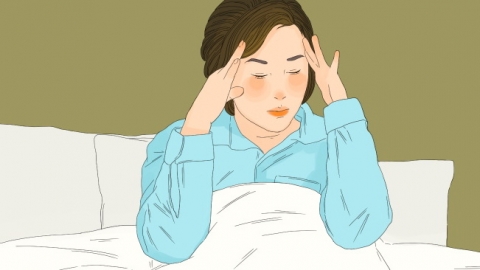Can mood and affective disorders heal on their own?
Mild mood disorders may temporarily improve along with environmental improvements, but most types or cases with obvious symptoms are unlikely to resolve spontaneously. If you have concerns, it is recommended to seek medical advice early. Detailed analysis is as follows:

If mood disorder symptoms are very mild—such as occasional mood fluctuations that do not affect daily work, social interactions, or life—emotional stability may gradually return when living conditions improve, stress decreases, or sufficient psychological support is received, appearing similar to spontaneous recovery. However, there remains a risk of future relapse, which should be carefully monitored.
For individuals with明显 symptoms—such as persistent low or elevated mood, sleep disturbances, reduced interest—or those diagnosed with specific types like bipolar disorder—the condition typically does not resolve on its own. Without timely intervention, symptoms may recur and worsen over time, potentially impairing cognitive and social functioning. Professional treatment is necessary to manage the illness effectively.
Never rely solely on self-perception to determine whether the condition has resolved. Prompt medical evaluation upon symptom onset and adherence to professional recommendations are essential for safeguarding mental health.





